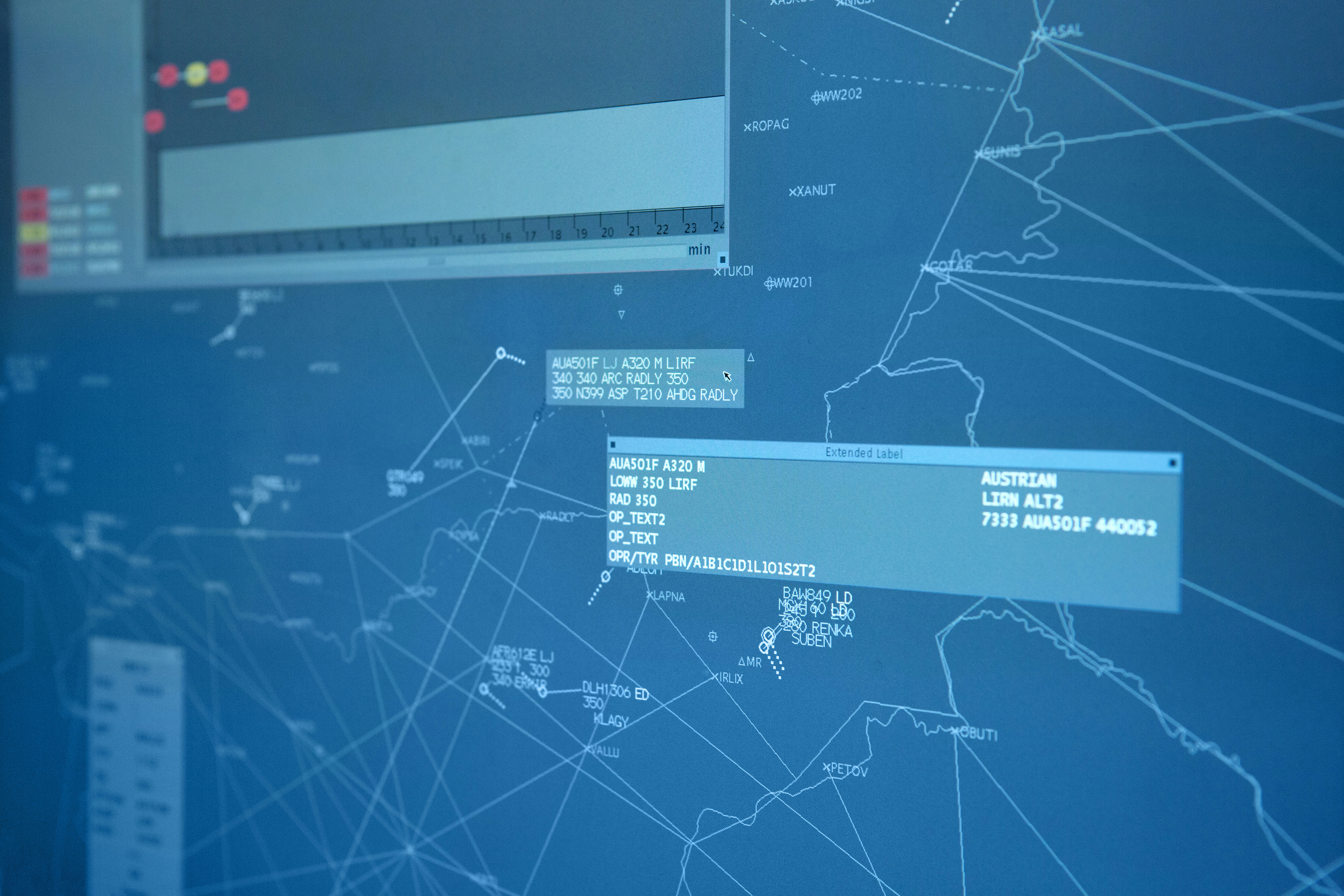At the end of November 2023 FAB CE’s Joint Civil Military Airspace Coordination Committee (JC-MACC) met to discuss developing technical and operational challenges to improving coordination between civil military airspace managers among airspace alliance air navigation service providers (ANSPs).
The meeting discussed increasing challenges from the number of cross-country military flights taking place still without information being fully shared between partners; an increase in military operations but less available airspace; and timely and appropriate responses to emerging crisis situations.
The meeting included several presentations on how civil/military coordination activities were evolving in Europe.
The Network Manager (NM) spoke about the importance of early involvement in air operations planning for major exercises. This is particularly important now as new types of aircraft with higher speeds need to be accommodated. JCMACC partners agreed that new coordination mechanisms for national military airspace re-design procedures will have to be made to resolve civil/military cooperation challenges in the “new normal” environment.
A presentation on military airspace cooperation within Baltic states illustrated how to optimise the establishment of new airspace structures, improved civil-military safety management and the targeting of “a single airspace beyond national borders” concept.
The meeting agreed to move ahead with proposals for new Temporary Reserved Area and Temporary Segregated Airspace (TRA/TSA) harmonization procedures and, if confirmed by the FAB CE Council, the JCMACC will lead the implementation coordination between States and ANSPs on these recommendations.
Finally, the meeting discussed communications, navigation and surveillance (CNS) issues. These included GNSS outages and the risk of jamming (leading to navigation and surveillance service degradation) and the challenge of civil and military airspace users sharing the same frequency, as increasing numbers of airspace users and surveillance systems are overloading transponder interrogation and potentially causing surveillance service degradation.

